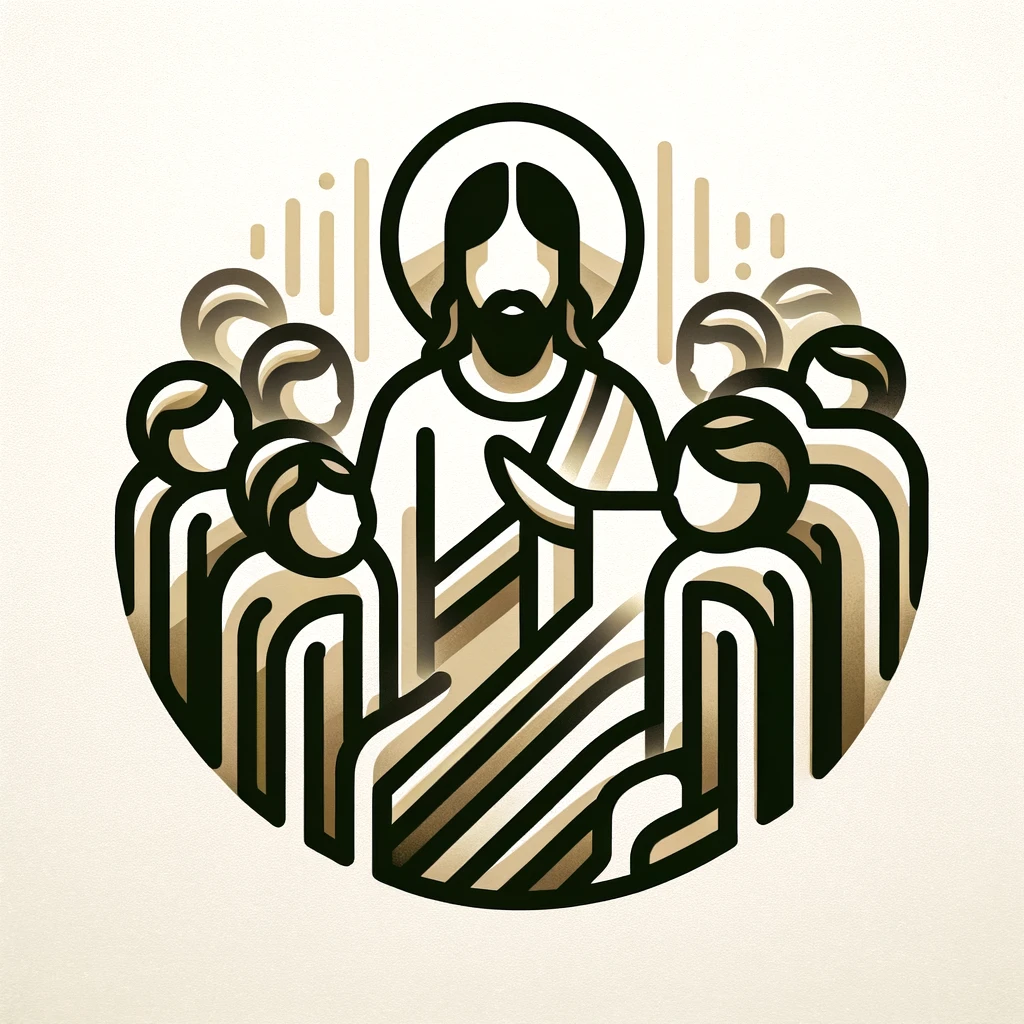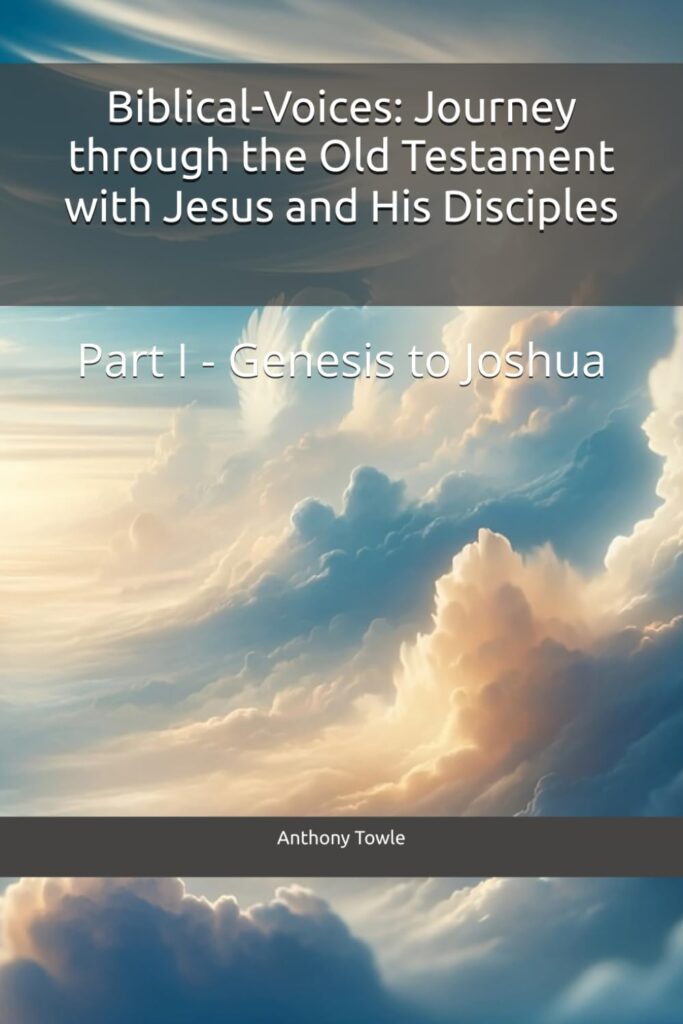Jesus: “Pharaoh, in the context of the Exodus narrative, represents not just an individual but the embodiment of Egypt’s power, authority, and resistance to God’s will. He was the king of Egypt during the time God commanded Moses to lead the Israelites out of slavery.”
Peter: “Lord, it always struck me how Pharaoh’s heart was hardened. Did God harden his heart from the beginning?”
Jesus: “Peter, the hardening of Pharaoh’s heart is a complex matter. It is described both as Pharaoh hardening his own heart and God hardening it. This serves to highlight the interplay between divine sovereignty and human free will. Pharaoh’s persistent refusal to obey God’s command to let the Israelites go reflects his pride and the rebellion of the human heart against God’s authority.”
Andrew: “So, was Pharaoh given a chance to repent, to change his ways before the plagues started?”
Jesus: “Yes, Andrew. Pharaoh was given multiple opportunities to heed the warnings of Moses and Aaron. The plagues were not immediate but came after Pharaoh’s repeated refusal to release the Israelites. Each refusal led to further revelation of God’s power and sovereignty.”
John: “Master, what does Pharaoh’s resistance teach us?”
Jesus: “John, Pharaoh’s resistance teaches us about the dangers of hardening our hearts against God’s commands. It shows the consequences of pride and the importance of obedience to God. Pharaoh’s story is a cautionary tale about setting ourselves against the will of God, leading to destruction and loss.”
Philip: “But why did God choose to deal with Pharaoh and Egypt in such a dramatic way?”
Jesus: “Philip, God’s dealings with Pharaoh and Egypt were not only about punishing them but also about revealing His power, faithfulness, and the futility of idolatry. It was a demonstration for all nations, including the Israelites, to understand that He is the Lord. The plagues were judgments against the gods of Egypt, showing that they were no gods at all.”
Matthew: “It’s interesting to think about the impact of these events on the Israelites and the Egyptians. What was the ultimate purpose of these signs and wonders?”
Jesus: “Matthew, the ultimate purpose was to liberate the Israelites from slavery, but it was also about much more. It was to demonstrate God’s sovereign power over all the earth, to judge the false gods of Egypt, and to establish a people who would worship Him in spirit and truth. Through these events, God revealed His character and established a foundation for faith that would be passed down through generations.”
Bartholomew: “So, Pharaoh’s role in the Exodus story is not just historical but also instructional for us?”
Jesus: “Exactly, Bartholomew. Pharaoh’s story serves as a powerful lesson on the consequences of resisting God. It teaches us about God’s justice, mercy, and sovereign power. It’s a reminder to always heed God’s voice and to walk in His ways, trusting in His plans for us.”
Thomas: “It’s a sobering thought, how pride and disobedience can blind us to the truth and lead to our downfall.”
Jesus: “Indeed, Thomas. Let Pharaoh’s story remind us to keep our hearts soft towards God, to listen for His guidance, and to obey His commands. In doing so, we find freedom and life, rather than bondage and destruction.”

